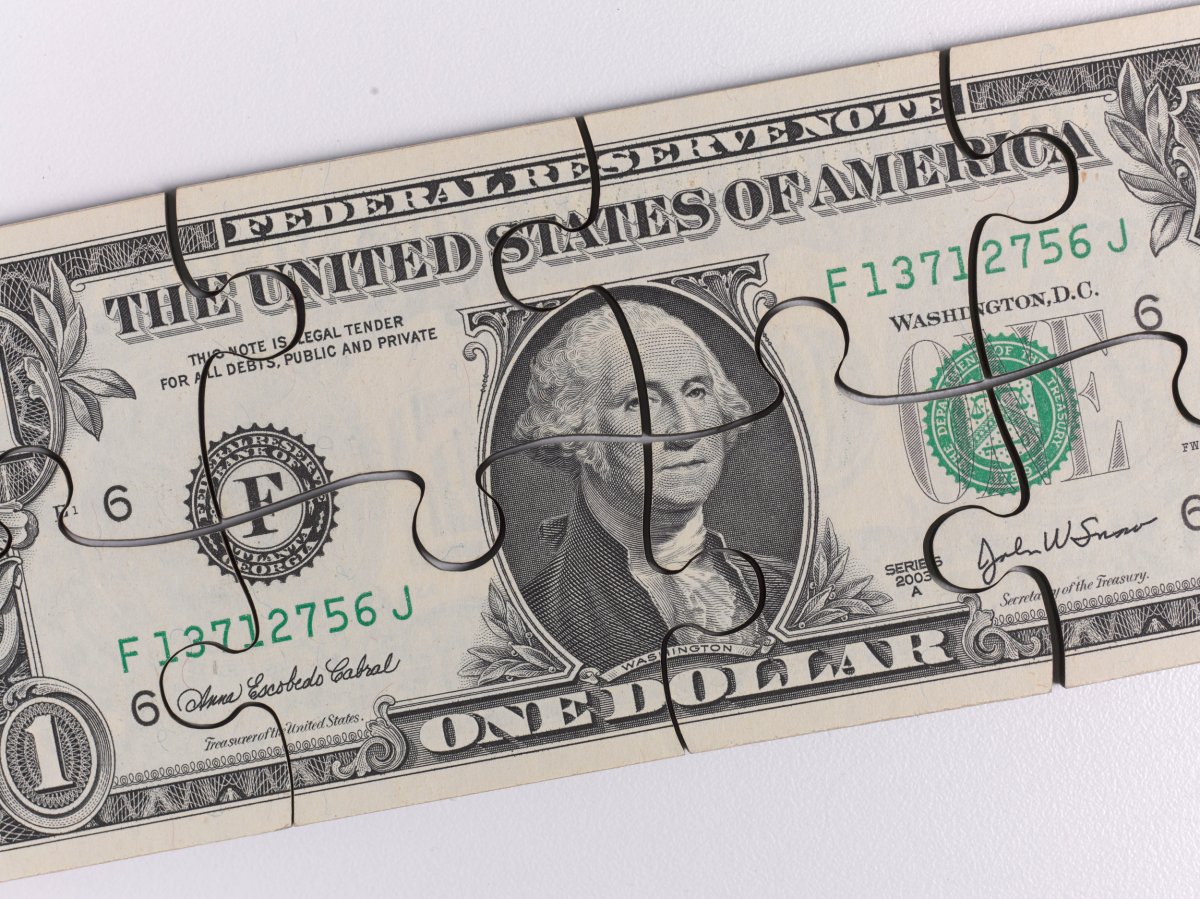Countries around the world have conspired to borrow more and more money, as costs stack up against the handling of the COVID-19 pandemic.
Government debt is the amount of money a treasury has borrowed, and still owes, over the years. When people talk about the deficit they mean the amount the government has overspent compared to what was brought in through taxation each year.
U.S. government debt for 2020 alone totaled about $27 trillion by the end of the fiscal year, with a $3.13 trillion budget deficit.
The budget deficit was more than triple last year's $985 billion shortfall and more than double the debt seen post-financial crisis in 2009, which totted up to $1.4 trillion.
Other advanced economies are also grappling with increased borrowing. The U.K. is facing up to £1.87 trillion ($2.45 trillion) in debt for the 2020 fiscal year-end, which could rise for the next financial year, as coronavirus spending continues to mount.
Most of the U.S. government borrowing came to finance the $2.2 trillion CARES Act, which included extra unemployment compensation for workers left unemployed due to the pandemic. It also included incentives for businesses to retain workers.
These numbers might seem scary, but here is why most economists agree that government debt does not actually matter right now.
The International Monetary Fund (I.M.F.) and World Bank are among two institutions that have recommended that governments borrow to spend their way out of hardships caused by the pandemic.
"Only one thing matters — to be able to dare."
The World Bank's chief economist Carmen Reinhart recently told the Financial Times that high government borrowing is justified in these circumstances.
"While the disease is raging, what else are you going to do?" she told the paper. "First you worry about fighting the war, then you figure out how to pay for it."
The I.M.F. has also told countries that have access to financial markets to issue debt and to spend without worrying about the prospect of austerity later.
Kristalina Georgieva, head of the IMF, said on the topic: "Only one thing matters — to be able to dare."
The IMF has totted-up the global increase in spending and tax cuts to be worth $11.7 trillion so far. That accounts 12 percent of global GDP in 2020—a number that would have been unthinkable a decade ago, when many governments backed austerity as the answer to balancing the books, following the financial crisis of 2007-8.
Some people will ask if the debt can be written-off, but there is not currently a mechanism in place for this.
When governments borrow money, they borrow it from their citizens and foreign citizens who have money to lend. These people are mostly wealthy or middle aged with savings, and are willing to accept government I.O.U.s, often known as bonds.
As long as the cost of servicing this debt stays relatively low, governments will not run into big issues while they are working out how to pay it off, and will be able to roll it over with relatively few problems.
Depending on how governments act in the future, debt burden is usually lessened as economic growth shrinks the debt pile relative to national income, incremental tax increases, and inflation.

Uncommon Knowledge
Newsweek is committed to challenging conventional wisdom and finding connections in the search for common ground.
Newsweek is committed to challenging conventional wisdom and finding connections in the search for common ground.
About the writer
To read how Newsweek uses AI as a newsroom tool, Click here.








